Penicillamine Tablets 125mg, 56 Tablets
Penicillamine Tablets is used to treat children and adults:
- Serious, active rheumatoid arthritis
- Wilson’s disease
- Cystinuria
- Lead poisoning.
- Chronic active hepatitis
Treatment of dogs and cats for liver disease when prescribed by a vet
£99.50
CompareCompare- Serious, active rheumatoid arthritis
- Wilson’s disease
- Cystinuria
- Lead poisoning.
- Chronic active hepatitis
- Description
- Additional Information
- Brand
- How To Use
- Product Details
- Side Effects
- Ingredients
- How to Store
- Patient Information leaflet
- Reviews (1)
- Questions & Answers
Penicillamine Tablets 125mg, 56 Tablets
Introducing Penicillamine Tablets 125mg, a powerful disease modifying antirheumatic drug that can help relieve the symptoms of rheumatoid arthritis. If you’ve been struggling with pain and stiffness from arthritis, this medication may be just what you need. Penicillamine works by reducing the body’s immune response, and has been shown to be effective when other medicines for rheumatoid arthritis have not worked. In addition to its benefits for arthritis sufferers, Penicillamine is also a chelating agent, which means it can bind to certain metals in your body, including lead and copper, and help remove them from your system. If you’re looking for relief from arthritis pain and stiffness, and want to rid your body of harmful metals, Penicillamine Tablets 125mg may be the right medication for you. Speak to your doctor today.
Penicillamine is used in adults and children to treat:
– serious, active rheumatoid arthritis, including Still’s disease in children
– Wilson’s disease, a condition where the body cannot get rid of copper properly
– a kidney problem called cystinuria
– lead poisoning.
Penicillamine is used in adults only to treat:
– chronic active hepatitis – a type of liver disease.
Penicillamine is not a painkiller so you should not expect to feel better straight away. It will be a few weeks before your joints feel less stiff and painful.
Penicillamine Tablets 125mg Reviews
After using Penicillamine Tablets 125mg, it’s helpful to let others know about your experience. Reviews of an item help other users know that medicines received have helped the condition it is claimed for, how well the treatment worked or any issues to be aware of. We invite our users to leave a review of both their treatment and of the service provided. Click on the reviews tab to see if there has been feedback on this item.
What is the price of Penicillamine Tablets 125mg?
The price of Penicillamine Tablets 125mg is £99.50
Where can you buy Penicillamine Tablets 125mg?
You can buy Penicillamine Tablets 125mg at Dock Pharmacy Essex UK, UK Online Pharmacy.
Can you buy Penicillamine Tablets 125mg Over the counter?
Penicillamine Tablets 125mg is not available to buy over the counter. You need a prescription to buy Penicillamine Tablets 125mg
| Brand | |
|---|---|
Brand
Penicillamine
How To Use
How To Use
Always take this medicine exactly as your doctor has told you
. Check with your doctor or pharmacist if you are not sure.
You will have regular blood and urine tests, especially when you start taking the tablets and when you increase the dose.
These are to check for changes in your blood cell counts and to look for protein or blood in your urine.
Product Details
What you need to know before you take Penicillamine
Your doctor will ask you to have blood tests to check your blood count and kidney function before you start taking Penicillamine. He or she will test your blood and urine regularly while you are taking Penicillamine. This is so that your doctor can check for any side effects and adjust your dose if necessary. Do not take Penicillamine: – if you are allergic to penicillamine or any of the other ingredients of this medicine (listed in section 6) – if you have ever had agranulocytosis (reduction in the number of white blood cells) after taking penicillamine – if you have ever had aplastic anaemia (a severe reduction in blood cells which can cause weakness, bruising or make infections more likely) after taking penicillamine – if you have ever had lupus erythematosus (LE), an allergic condition which causes skin rashes – if you suffer from kidney problems – if you have thrombocytopenia (a blood disorder which causes bleeding into your skin, bruising and more bleeding than usual after an injury) after taking penicillamine. If any of the above applies to you, or if you are not sure, talk to your doctor or pharmacist before you take Penicillamine. Warnings and precautions Talk to your doctor or pharmacist before taking Penicillamine, particularly if any of the following applies to you: – if you have ever had side effects with gold or you are currently taking medicines that contain gold – if you have protein in your urine – if you are pregnant, trying to become pregnant or breast-feeding – if you have blood in your urine – if you have leucopenia (a blood disorder which causes susceptibility to infection) – if you are elderly. Your doctor should carry out full blood and urine tests: – weekly or fortnightly for the first 8 weeks of treatment, and then monthly – whenever your dose of penicillamine is increased. If you are taking Penicillamine for Wilson’s disease or for cystinuria, your doctor may carry out these tests at less regular intervals. Your doctor may tell you to stop taking Penicillamine if: – your thrombocyte count or your white blood cell count fall below certain levels, or – either count falls for three tests in a row. If, after stopping your tablets your blood cell counts return to normal, you may be able to restart treatment at a lower dose. If, after restarting your tablets at a lower dose you develop low blood counts again, you should permanently stop taking this medicine. Other medicines and Penicillamine Tell your doctor or pharmacist if you are taking, have recently taken or might take any other medicines. Penicillamine may increase the risk of side effects if you also take the following medicines: – gold (used to treat rheumatoid arthritis) – NSAIDs (non-steroidal anti-inflammatory drugs) e.g. ibuprofen or naproxen (used to treat arthritis and for pain relief) as there is an increased risk of damaging your kidneys – clozapine (used to treat schizophrenia) as taking Penicillamine with clozapine may increase the potential side effects on the bone marrow. The effectiveness of Penicillamine may be altered if you also take the following medicines: – iron therapy (used to treat low iron levels or anaemia). Take the iron at least two hours before or after taking Penicillamine – antacids (used to neutralise acid in your stomach). Take the antacids at least two hours before or after taking Penicillamine – zinc (used to treat low zinc levels), concomitant use may reduce the effect of both medicine. Penicillamine may affect how well the following medicines work: – digoxin (used for an irregular heartbeat). Your doctor may give you pyridoxine (vitamin B6) if you are taking Penicillamine long term, especially if you are on restricted diet. Penicillamine with food and drink Penicillamine should be taken on an empty stomach, and at least half an hour (one hour for children with Wilson’s disease or cystinuria) before a meal, with a drink of water. Pregnancy and breast-feeding You should not take Penicillamine if you are pregnant. Penicillamine may reach your baby through the breast milk. Therefore, you should not take Penicillamine if you are breast-feeding. If your doctor considers that treatment is absolutely essential, he may tell you to take Penicillamine even when you are pregnant or breast-feeding. This will depend on your condition and the disease you have. If you are pregnant or breast feeding, think you may be pregnant or are planning to have baby, ask your doctor or pharmacist for advice before taking this medicine. Driving and using machines Penicillamine is not known to affect your ability to drive or use machines. Penicillamine contains lactose and sodium If you have been told by your doctor that you have an intolerance to some sugars, contact your doctor before taking this medicine. This medicine contains less than 1 mmol sodium (23 mg) per tablet, that is to say essentially ‘sodiumfree’.
Side Effects
Possible side effects
Like all medicines, this medicine can cause side effects, although not everybody gets them. Contact your doctor or go to your nearest hospital emergency department immediately if you think you may have any of the following serious side effects: Common: may affect up to 1 in 10 people • bruising more easily, nose bleeds and/or bleeding gums more often. These may be signs of a blood disorder called thrombocytopenia. Rare: may affect up to 1 in 1,000 people • allergic reactions which includes sudden wheeziness, chest pain, difficulty in breathing, sudden swelling, fever, skin rash or itching • blood in your urine. Not known: frequency cannot be estimated from the available data • blood reactions that may cause unusual bleeding or bruising of the skin, may reduction of the number of white cells in your blood, causing more infections than usual • fever, severe chills, sore throat or mouth ulcer, feeling of extreme tiredness or weakness, paleness of the skin and more susceptible to infections. These may be signs of anaemia • breakdown of the tissues of your kidney (nephrotic syndrome) • blistering skin rash or severe skin reactions, blistering of the skin, mouth, throat, nose, eyes and genitals (Stevens-Johnson syndrome or pemphigus) • damage to your kidneys and bleeding in your lungs caused by your body’s immune system (Goodpasture’s syndrome) • coughing up blood (pulmonary haemorrhage) • inflammation of the pancreas with severe upper stomach pain, feeling and being sick (pancreatitis). Other side effects that can occur: Very common: may affect more than 1 in 10 people • protein in your urine (this is detected by a urine test). Rare: may affect up to 1 in 1,000 people • sore mouth, mouth ulcer • swollen breast tissue • hair loss • wrinkly skin • abnormalities of the elastic fibres in the skin which cause clusters of the small reddish bumps usually on the neck or arms. Not known: frequency cannot be estimated from the available data • loss of taste • feeling sick (especially at the start of treatment) or being sick • loss of appetite (especially at the start of treatment) • jaundice (yellowing of the skin or eyes) as a result of liver or blood problems (this may include changes in blood test which show how your liver is working) • lung problems (e.g. wheezing, coughing or difficulty in breathing) • a condition that causes nails to become thicker and yellow or greenish-yellow in colour, chronic swelling in the limbs (hand and feet) and chronic breathing problem • redness, a rash or itching (especially at the start of treatment) • fever (especially at the start of treatment) or frequent infections • muscle weakness and tiredness (sometimes with skin rashes) • worsening of the pain and swelling in your joints • lupus erythmatosus (an allergic condition which causes joint pain, skin rashes and fever) • newly diagnosed rheumatoid arthritis. After several months or years of therapy you may develop a particular rash that makes your skin fragile called acquired epidermolysis bullosa or penicillamine dermopathy. If you get this your doctor may tell you to take a lower dose. If you suffer from rheumatoid arthritis you should tell your doctor if your joints become more painful, swollen, red or hot because medicines like Penicillamine sometimes cause joint infections. If you suffer from Wilson’s disease you should tell your doctor if you experience: • a worsening of muscle spasms • muscle stiffness • tremor or slurred speech. Reporting of side effects If you get any side effects, talk to your doctor, pharmacist or nurse. This includes any possible side effects not listed in this leaflet. You can also report side effects directly via the Yellow Card Scheme at: www.mhra.gov.uk/yellowcard. By reporting side effects you can help provide more information on the safety of this medicine.
Ingredients
Ingredients
The active substance is penicillamine. Each 125 mg tablet contains 125 mg penicillamine.
The other ingredients are:
povidone, lactose, sodium starch glycollate, magnesium stearate. The film-coat contains:
hydroxypropyl, methylcellulose (E464), titanium dioxide (E171), polyethylene glycol, carnauba wax
How to Store
How to store Penicillamine
Keep this medicine out of the sight and reach of children. Store your tablets in a cool, dry place below 25°C. Do not use this medicine after the expiry date which is stated on the bottle after ‘EXP’. The expiry date refers to the last day of that month. Do not throw any medicines via wastewater or household waste. Ask your pharmacist how to throw away medicines you no longer use. These measures will help to protect the environment.
Patient Information leaflet
Click here for the Patient Information leaflet
Please read before using the product
Only logged in customers who have purchased this product may leave a review.
Questions and answers of the customers
There are no questions yet, be the first to ask something for this product.
Other Products From This Seller
Steglatro Tablets – Ertugliflozin Tablets available in 2 strengths:
- Steglatro 5mg Tablets – Ertugliflozin 5mg Tablets
- Steglatro 15mg Tablets – Ertugliflozin 15mg Tablets
£49.50
- Availability: in stock
Ursodeoxycholic Acid Tablets 250mg – Cholurso Tablets, 60 Tablets Introducing Cholurso Tablets the brand name of Ursodeoxycholic Acid Tablets 250mg – Your Solution for Gallstone Management and Liver Health Ursodeoxycholic Acid 250mg Tablets is a cutting-edge pharmaceutical formulation designed to positively influence bile composition, making it a versatile solution for various health concerns. Ursodeoxycholic Acid, […]
Learn More£39.50
- Availability: in stock
£156.00 – £210.00
Please note you need insulin pen needles to use Mounjaro Injection
Mounjaro Injection – Tirzepatide Injection, 4 Pre-filled Pens
Available in 6 strengths:
- Mounjaro 2.5mg Injection
- Mounjaro 5mg Injection
- Mounjaro 7.5mg Injection
- Mounjaro 10mg Injection
- Mounjaro 12.5mg Injection
- Mounjaro 15mg Injection
Learn More
£156.00 – £210.00
- Availability: in stock
Timoptol LA Gel – Timolol Eye Gel is available in 2 strengths
- Timoptol LA 0.5% Gel
- Timoptol LA 0.25% Gel
£7.50
- Availability: in stock
One-Alpha Drops 2mcg/1ml – Alfacalcidol Drops 2mcg/1ml
Learn More£39.75
- Availability: in stock
Ideal for irrigating and cleansing the eye, or a wound
Learn More£5.39
- Availability: in stock
Ultimate Surefit Erection Ring Set 15222 – Constrictor Rings For Erectile Dysfunction Experience Confidence and Pleasure with the Ultimate Surefit maintenance ring set – Your Key to Intimate Well-being Introducing the Ultimate Surefit Erection Ring, a premium solution meticulously designed for those seeking to overcome the challenges of erectile dysfunction. Crafted with precision and comfort […]
Learn More£58.50
- Availability: in stock
SureEase Erection Rings 15085 – Constrictor Rings For Erectile Dysfunction Revitalize Your Intimate Moments with SureEase Erection Rings – Precision for Confidence and Pleasure SureEase Erection Rings are the discreet yet powerful solution designed to rekindle confidence and elevate pleasure for individuals facing challenges with erectile dysfunction. Crafted with precision, these constrictor rings provide targeted […]
Learn More£56.49
- Availability: in stock
£279.00 – £289.00
SomaErect Response II is available in 2 models:
- SomaErect Response II 15019
- SomaErect Response II XL 15888
£279.00 – £289.00
- Availability: in stock
SomaErect Touch II 15013 – Vacuum Pump Erection Device Introducing SomaErect Touch II 15013 – Redefining Intimacy with Advanced Vacuum Pump Technology The SomaErect Touch II 15013 is an innovative vacuum pump erection device, meticulously engineered to provide a discreet, effective, and user-friendly solution for individuals dealing with erectile dysfunction. Embrace confidence and intimacy with […]
Learn More£289.90
- Availability: in stock









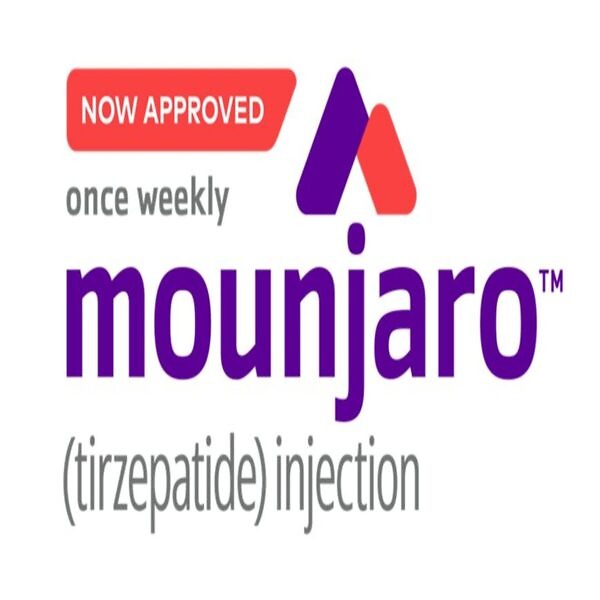


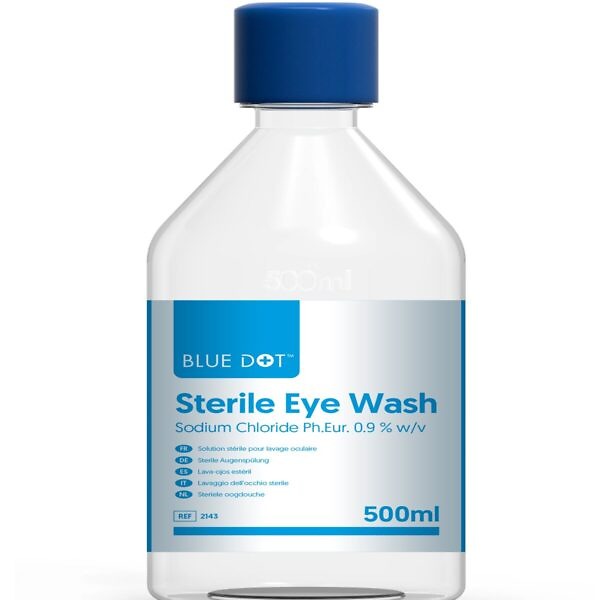
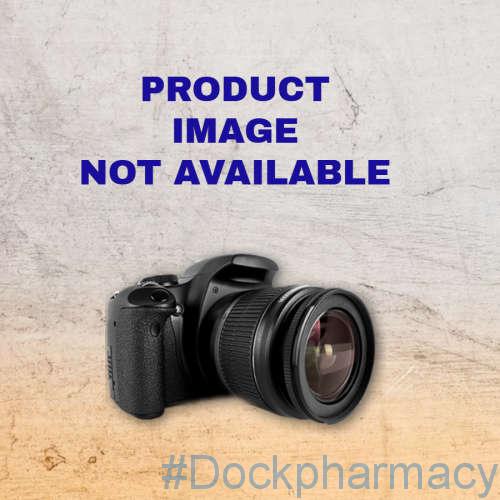
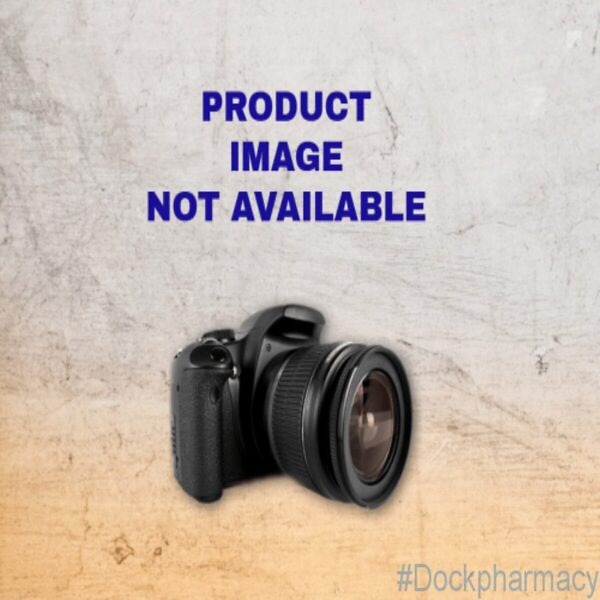
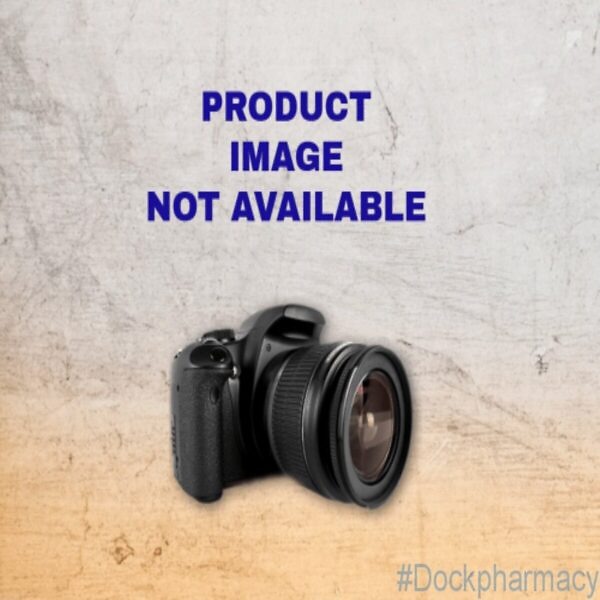
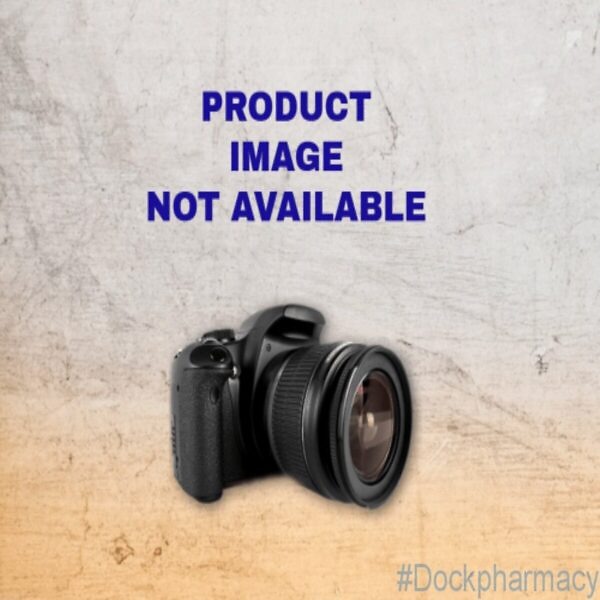
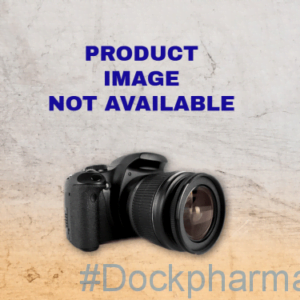

1 review for Penicillamine Tablets 125mg, 56 Tablets
Duilio Lo Cascio (verified owner) –
the product is not evaluable, as I was given a similar product, 250 mg instead of 125 mg.